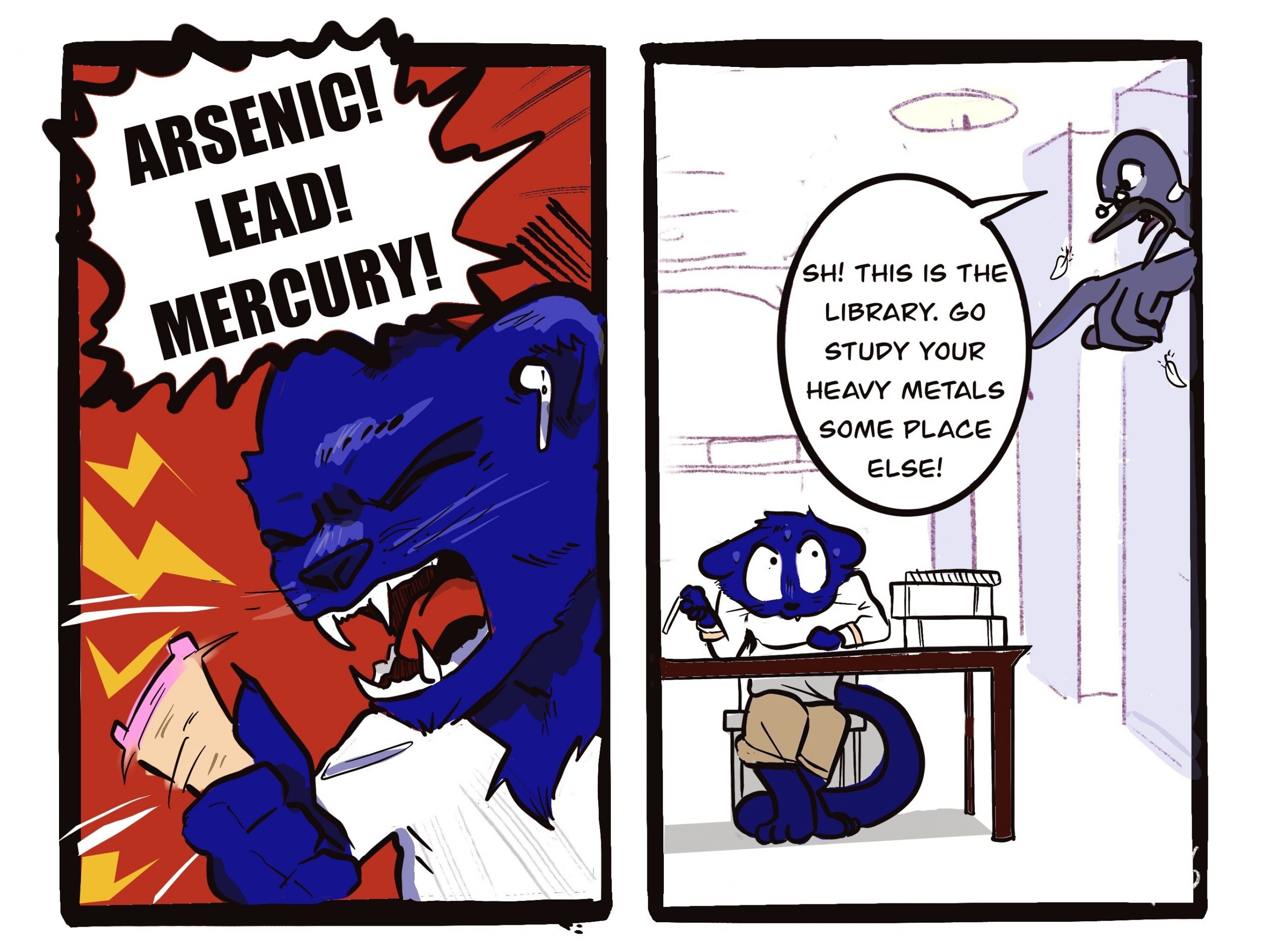By David Lavrinovich, Editor
“What’s your major?” It’s the second question someone asks you as a college student, right after your name. It’s an easy conversation starter and a great way to meet like-minded individuals – however, the implications of the question go deeper than interests. A major dictates the focus of a student’s academic studies and influences what career they may pursue. Thus, even casual discussion about majors can feel restrictive, especially when college students may feel pressured to have their career path all figured out even before enrollment.
Immediate family and extended relatives will also typically ask this question and have their own comments prepared based on the answer; they often start even earlier by asking children their own version of this question: “What do you want to be when you grow up?” Anyone who engages with kids knows that they shift interests quickly and often – unlike college students, kids get the luxury of changing their minds without judgment or serious consequences for their future. It is natural for teens and young adults to change interests and goals, just as children do. Therefore, it is a huge disservice to the personalities and career paths of students to maintain the negative connotations associated with changing majors. However, the negative connotations around changing majors do a disservice to college students across the country.

Why Students Go To College
Admission to a college provides abundant opportunities to explore different occupations and fields of study, beyond the coursework of an academic major. Between elective courses, clubs, societies, study abroad programs, and work-studies, there is no lack of experiences to broaden someone’s idea of who they want to be and what they want to do. Thus, it almost seems nonsensical for students not to consider different majors.
Of the students who do choose to change their major, many find themselves much happier and more confident in their academics and career path. Blake R. Silver, a Professor at George Mason University, conducted a study revealing that students who changed majors described feelings of affirmation and reassurance after the fact.1 However, the uncertainty of changing majors can only be mitigated with effective support, which is further reflected in Silver’s work. The study concluded that,
“Building knowledge about the diverse pathways students traverse through college represents an important step in providing more effective support for student success.”
The act of changing majors is quite common, according to the National Center for Education Statistics. Roughly a third of all students change their majors; 35% of STEM Majors and 29% of non-STEM majors changed their majors within the first three years of enrollment.2 Furthermore, roughly one in ten students had changed their major multiple times. That is a significant demographic of the student population who don’t follow a straightforward academic path.
Even with changing majors being as beneficial and commonplace as it is, many schools have students jump through hurdles in order to do so. It’s standard for a student who wants to change their major to meet with advisors, complete lengthy forms, or redo applications. The University of Tennessee, Tennessee Tech University, and East Tennessee State University are just a few of the many colleges that have such barriers to changing majors. However, Pellissippi State Community College holds a unique position compared to other schools.
Students at Pellissippi State have the incredible privilege of being allowed to change their majors at will through the myPellissippi portal online. The entire process is simple and enacts the change either instantly or for the next semester. Due to the ease of this system, Pellissippi State has solidified itself as one of the best institutions in fostering curiosity and fighting the stigma against changing majors.

Deciding to Change Your Major
The biggest sign that you should change your major is rather simple. If you are seriously thinking about it and rolling the idea around in your mind often, that may be a sign you should change your major. Other smaller signs may be difficult to notice, however. Some further indicators include:
- Not being excited to talk about your major
- Your natural skills and talents are better applied in another major
- Finding it difficult to engage with coursework related to your major
- Taking more interest in your minor, electives, or other classes outside of your major
- Being disappointed in your major, or finding that it doesn’t meet your expectations
- Not wanting to go into the careers associated with your major
- Feeling drained and worn down by school
- Wanting to drop out
If you find yourself relating to any of these statements, then it may be worth an investigation to see if changing majors would be for you. Speaking to an advisor, professor, or counselor may bring clarity to your situation; the faculty of any college are rooting for your success, and are an incredible resource. Even if you examine the idea and find yourself sticking to your original major, you will at least have the confidence that you are making an informed decision.
The act of changing majors has the unfair reputation of being a weighty and shameful decision. It is in the best interest of all students to dispel the widespread, inaccurate notion that changing majors is inherently negative and comes with many drawbacks. The dangers of this narrative can lead to students being trapped in years of classes that they don’t want. Even worse, those students may land unhappy, life-long careers. Instead, it is worth recognizing that changing majors is a normal, common part of the college experience. Students should be allowed to change their majors freely and confidently, not just for the sake of their education, but to ensure that they have a successful, fulfilling future.
Sources
1 Silver, B. R. (2023). Major transitions: how college students interpret the process of changing fields of study. Major Transitions: How College Students Interpret the Process of Changing Fields of Study.
2 National Center for Education Statistics. (2017, December). Beginning College Students Who Change Their Majors Within 3 Years of Enrollment. Nces.ed.gov.






